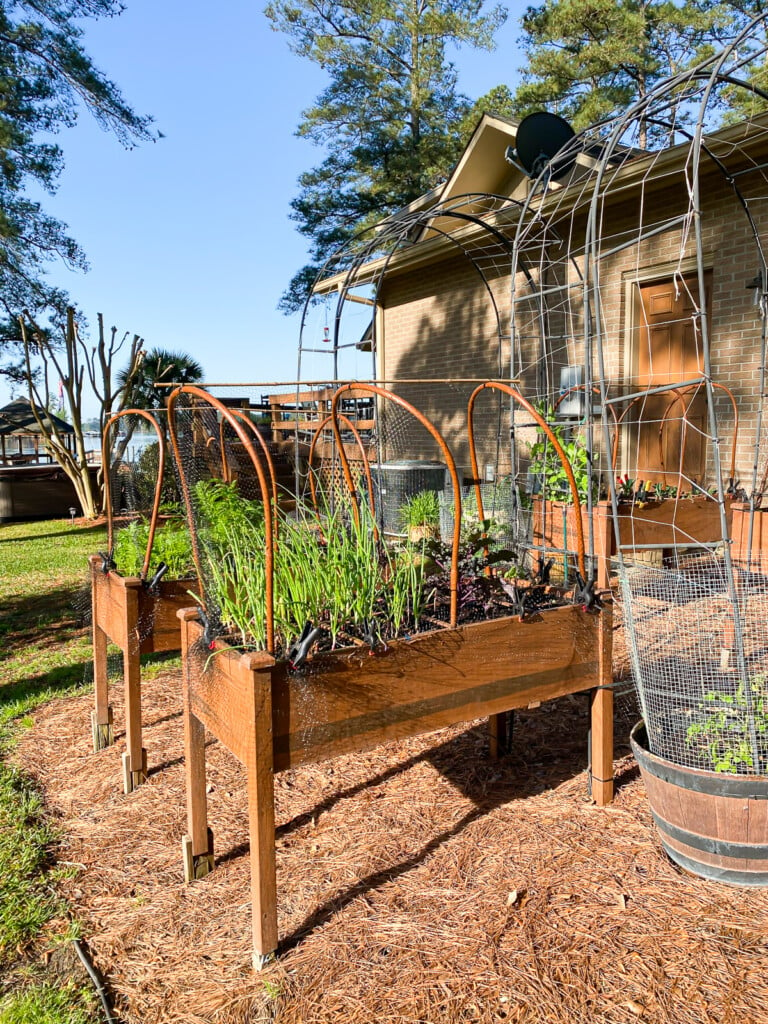Introduction
Chipmunks, while cute and lively, can be a real challenge for gardeners. These small rodents dig holes, raid bird feeders, and nibble on plants, causing significant damage to your garden. Creating a chipmunk proof garden is essential for preserving your plants and maintaining a healthy outdoor space. This article explores practical, expert-backed methods to deter chipmunks while promoting a thriving garden environment.
Understanding Chipmunk Behavior and Why They Invade Gardens
Chipmunks are attracted to gardens because they offer abundant food sources such as seeds, bulbs, fruits, and vegetables. They are natural burrowers, creating tunnels that can disturb plant roots and soil structure. Recognizing their habits is the first step in effective control.
- Diet: Chipmunks eat nuts, berries, flowers, and insects.
- Burrowing: They dig tunnels for nesting and food storage.
- Activity: Most active during the day, especially morning and late afternoon.
Knowing these behaviors helps in choosing deterrent strategies that reduce their impact without harming the ecosystem.
Physical Barriers to Create a Chipmunk Proof Garden
One of the most reliable ways to protect your garden is by installing physical barriers that prevent chipmunks from accessing vulnerable areas.
Fencing
- Use hardware cloth or galvanized wire mesh with holes no larger than 1/4 inch.
- Bury fences at least 6-10 inches into the ground to prevent burrowing underneath.
- Make fences 2 feet high to deter climbing.
Plant Protection
- Cover bulbs and seeds with wire mesh or plant cages.
- Use raised garden beds with mesh bottoms to block burrowing.
Garden Layout Tips
- Avoid dense mulch or ground cover near plants as these provide hiding spots.
- Keep the garden tidy by removing debris and hiding places.
These barrier methods create a physical blockade chipmunks cannot easily overcome.
Natural Repellents and Landscaping Techniques
For gardeners seeking humane and eco-friendly solutions, natural repellents and strategic planting can reduce chipmunk activity.
Natural Repellents
- Castor oil spray: A proven deterrent that irritates chipmunks’ senses.
- Peppermint oil or garlic sprays: Strong scents chipmunks dislike.
- Commercial repellents labeled safe for use around edible plants.
Apply repellents regularly, especially after rain, for best results.
Landscaping Choices
- Plant chipmunk-resistant plants such as daffodils, alliums, or marigolds.
- Avoid plants with seeds or fruits that attract chipmunks.
- Incorporate thorny or dense shrubs to discourage foraging.
By manipulating scent and plant choice, you reduce the garden’s appeal to chipmunks.
Encouraging Natural Predators and Eco-Balanced Solutions
Integrating natural predators into your garden ecosystem can provide long-term chipmunk control.
Attract Birds of Prey
- Install owl boxes or perches to attract owls and hawks.
- These predators naturally keep rodent populations in check.
Domestic Pets
- Cats are effective chipmunk deterrents.
- Dogs can also discourage chipmunks by their presence.
Avoid Poison
- Chemical poisons harm beneficial wildlife and pets.
- Focus on habitat modification and natural deterrents instead.
Maintaining a balanced ecosystem supports sustainable chipmunk management.
Practical Tips for Maintaining a Chipmunk Proof Garden
- Regularly inspect fences and barriers for breaches.
- Clear fallen fruits and nuts promptly to remove food sources.
- Use bird feeders with baffles to minimize spillage.
- Water plants early in the day to discourage nocturnal animal activity.
- Rotate repellents to prevent chipmunks from becoming accustomed.
Consistency in maintenance maximizes the effectiveness of chipmunk proofing measures.
Conclusion
Creating a chipmunk proof garden requires a combination of understanding chipmunk behavior, employing physical barriers, using natural repellents, and fostering a balanced ecosystem. By taking proactive steps such as installing wire mesh fencing, applying scent-based deterrents, and encouraging natural predators, gardeners can protect their plants without harming wildlife. Regular maintenance and thoughtful landscaping choices further enhance your garden’s resilience. Embrace these expert strategies to enjoy a flourishing, chipmunk-free garden that balances beauty with biodiversity.
